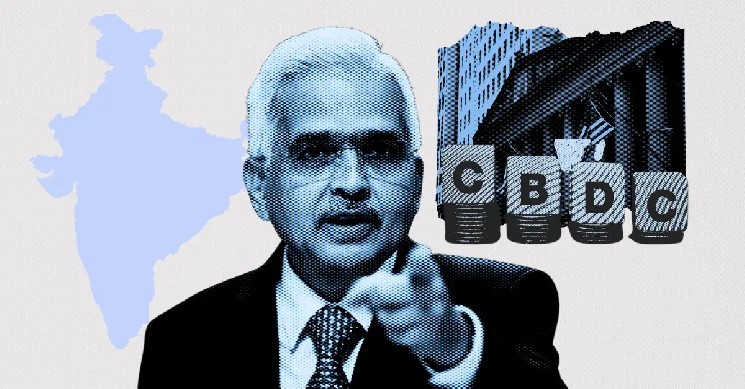RBI has warned that cryptocurrencies and stablecoins pose significant risks to India’s financial stability and policies.
The Vice Governor said that unbacked cryptocurrencies lack intrinsic value and stablecoins raise policy concerns today.
The RBI supports India’s CBDC as a safer option and maintains control of the currency within the central bank.
Reserve Bank of India (RBI) Governor Sanjay Malhotra has issued a strong warning to the public against the increasing adoption of cryptocurrencies and stablecoins in India, saying it poses “significant risks” to the nation’s financial stability and monetary policy if not handled with caution.
While the US plans to make Bitcoin a strategic stockpile, India is opting for a slow and cautious approach for a simple reason: safety first.
Why does RBI consider cryptocurrencies and stablecoins a risk?
In his recent commemorative address at the Delhi School of Economics, the RBI Governor warned that private digital assets, including cryptocurrencies and dollar-backed stablecoins, could impact the financial stability of countries.
Economists say that if people start using dollar-based stablecoins widely, it could weaken the local currency and influence global monetary policy in ways that India cannot control.
If too many people choose the digital dollar instead of the Indian rupee, it could cause serious problems in the future.
RBI Deputy Governor T. Ravi Sankar added to these concerns. He said unbacked cryptocurrencies have no real value and even asset-backed stablecoins can reduce a country’s monetary strength. He said they could lead to policy problems that “should be avoided.”
RBI prioritizes CBDC over private stablecoins
Despite concerns about private cryptocurrencies, the RBI is not opposed to digital money per se. In fact, it strongly supports India’s own central bank digital currency (CBDC), which is a digital version of the rupee.
For RBI, CBDC is a safer and smarter path for the following reasons:
- fully controlled by the central bank
- not dependent on foreign currency
- maintain domestic financial strength
In public forums such as recent meetings of the International Monetary Fund and the World Bank, Malhotra has called on other countries’ central banks to prioritize CBDCs over stablecoins for cross-border payments, citing stronger controls on policy and financial health.
Who makes the final decision?
Even if the RBI shares a strong warning, the final decision does not rest with the RBI alone. The government will decide on rules for virtual currencies in India after further discussions with financial experts.
The RBI’s message for now is clear: tread carefully, avoid risks and protect people from possible economic shocks.


